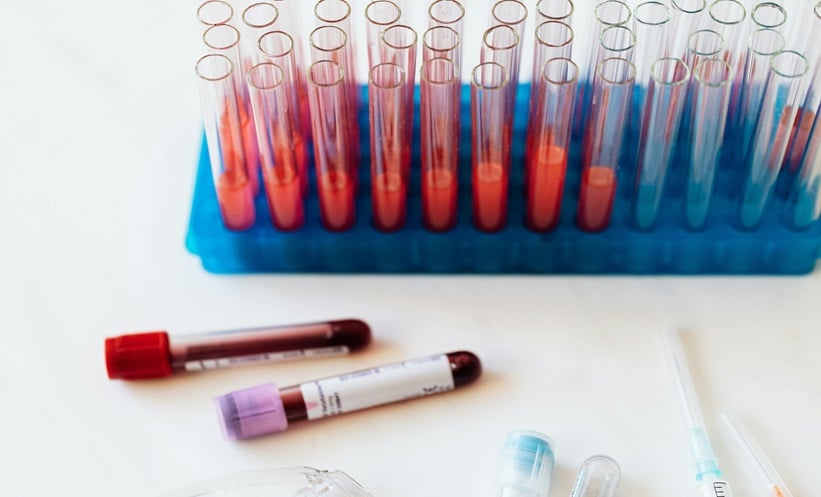MACHINE learning analysis of blood biomarkers accurately identified Parkinson’s disease (PD) and classified 79% of pre-motor patients up to seven years before the onset of motor symptoms. Parkinson’s disease is the fastest-growing neurological disorder, affecting close to 10 million people worldwide. To date, PD patients receive only symptomatic therapies with no disease-modifying treatments currently available. In order to facilitate the development and approval of neuroprotective strategies, objectively measured biomarkers associated with PD pathophysiology and clinical phenotypes must be identified, enabling the identification of patients most likely to benefit from clinical trials. Novel techniques, such as α-synuclein seed amplification assays, use cerebrospinal fluid to identify a-synuclein pathology, relying on invasive lumbar punctures. In contrast, serum biomarkers such as axonal markers of the neurofilament light chain are non-specific to the PD disease process. Hence, there is a critical need for more accessible and validated biomarkers for PD diagnosis. Researchers from University College London and University Medical Center Goettingen utilised mass spectrometry-based proteomic phenotyping to identify a panel of biomarkers in plasma in the premotor phase of PD.
The study was divided into three phases: the proteomic discovery phase, a demographics-targeted proteomic validation phase, and an independent replication cohort phase. The discovery phase analysed plasma samples of ten randomly selected drug-naïve patients with PD and ten matched healthy controls (HC) to identify putatively involved proteins in PD. In the validation phase, a high-throughput and targeted proteomic assay was created to analyse samples in an independent replication cohort comprising de novo PD, HC, and isolated REM sleep behaviour disorder (iRBD) patients. Finally, in a large and independent cohort of 54 longitudinal, iRBD patients’ independent analysis of a multiplex of biomarkers identified through the discovery and targeted phases was performed.
In the targeted approach, machine-learning analysis classified and separated de novo PD or HC samples with 100% accuracy based on the expression of eight proteins. Moreover, utilising the panel of 8 proteins identified through proteomic analysis, the validation phase predicted PD developed with 79% accuracy in iRBD patients up to seven years before motor symptom presentation. Additionally, several of the biomarkers correlated with symptom severity.
These findings demonstrate the potential for minimally invasive blood tests, utilising existing technology in healthcare labs, to diagnose PD and identify high-risk patients through population-based screening. Moreover, some of these markers are involved in inflammatory pathways and the degradation of non-functional proteins. Therefore, these markers might represent potential targets for new interventions. The research team’s future goals involve developing a simpler blood spot test to investigate PD.
Laith Gergi, EMJ
Reference
Mills K et al. Plasma proteomics identify biomarkers predicting Parkinson’s disease up to 7 years before symptom onset. Nat Commun. 2024;DOI/10.1038/s41467-024-48961-3.








